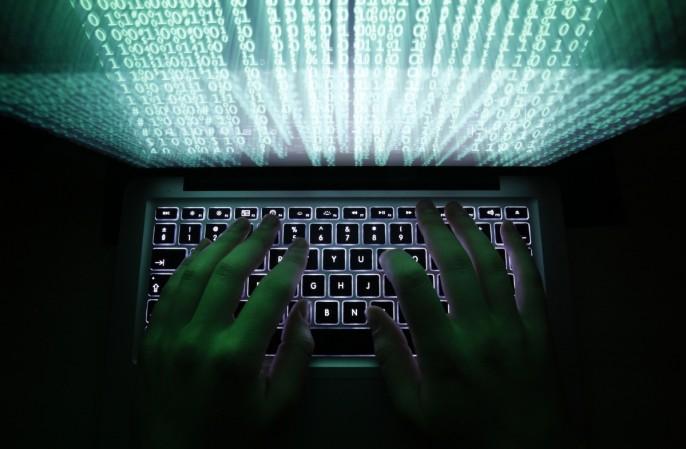The ministry of communications (Department of Telecommunications) has issued new rules that allow the government to temporarily shut down phone and internet services in India during a public emergency or for public safety.
Titled "Temporary Suspension of Telecom Services (Public Emergency or Public Safety) Rules, 2017" and issued by the centre under section 7 of the Indian Telegraph Act, 1885, the rules came into force on August 7 after they were published in the Gazette of India on August 7 without any ministerial statement.
Unlike in the past where there was no clear legal power for shutting down telecom services, the rule has now provided a legal mechanism for the government to pull the plug when required.
The government had till recently used Section 144 of the CrPC to shut down internet services in times of social unrest.
The notification said the telecom services can be suspended only by an order made by the secretary to the central government in the Ministry of Home Affairs or by the secretary to the state government in-charge of the Home Department.

However, an officer not below the rank of a Joint Secretary to the Government of India, who has been duly authorised by the Union Home Secretary or the State Home Secretary, can pass an order "in unavoidable circumstances, where obtaining of prior direction is not feasible." An order by such officers "shall be subject to the confirmation from the competent authority within 24 hours of issuing such order."
How will this new rule affect the public? Well, it can be seen as a good move in one way as the authorities will now know when the rule should be applied but experts have raised concerns over arbitrary censorship, how they were made and how they will be enforced.
"We are immediately concerned with the process through which these rules were made as there was no public consultation, no opportunity for academics, engineers, experts and research organisations to comment on any draft. Though required under the terms of the Telegraph Act and Indian parliamentary procedure, these telecom service suspension rules have not yet been tabled before the houses of Parliament," said Internet Freedom Foundation (IFF) in its report.
It said "the rules do not contain any limitation on the grounds under which the shutdown order can be issued or the period for which it will be in force" thus giving room for government officials to shut down access to the internet based on their whims and fancies.
Internet has been shut down for more than 40 times in India so far this year, including in Darjeeling, Haryana, Gurgaon, Kashmir and Manipur.









